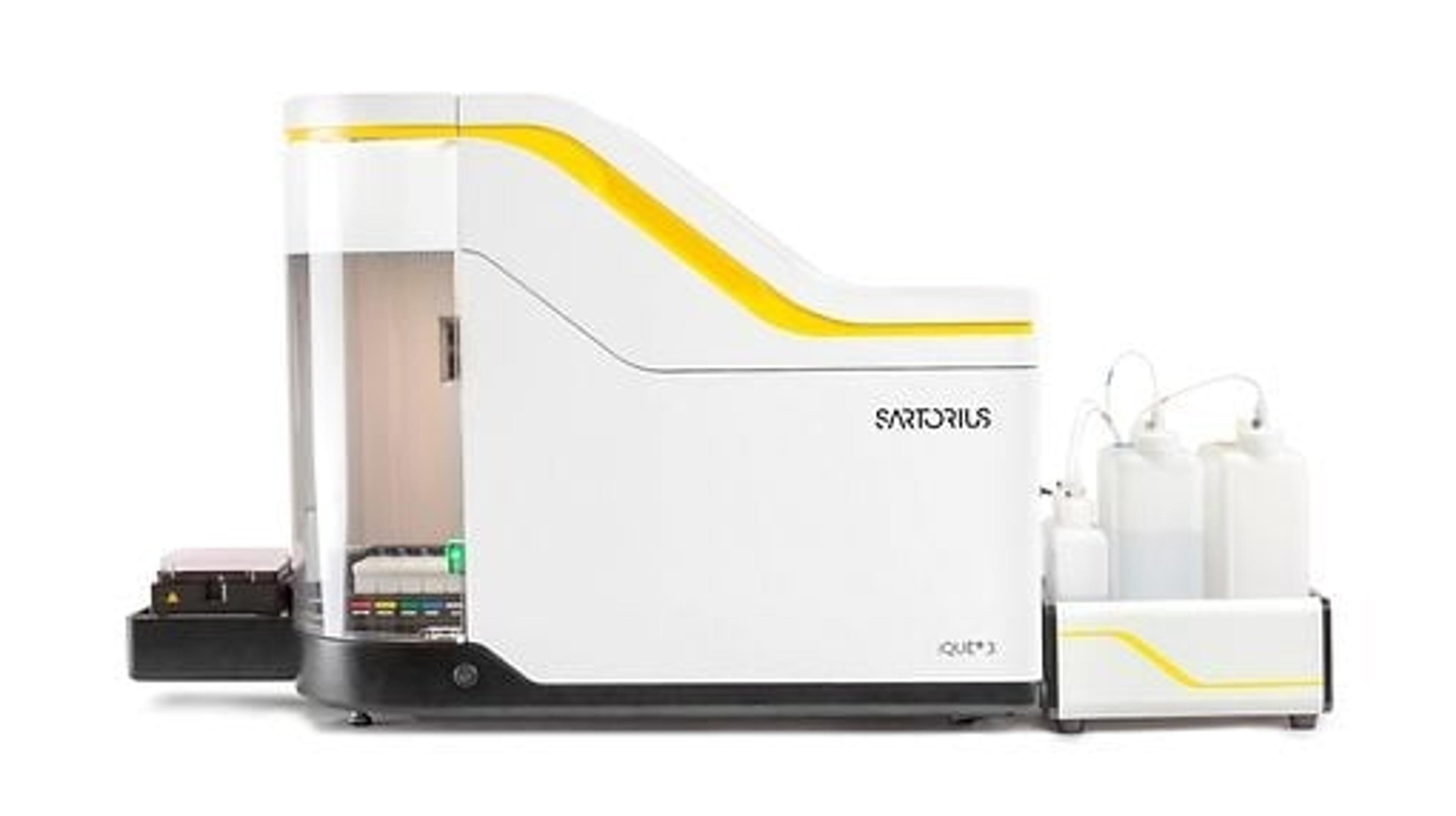Infographic: Immune function profiling in cancer research
Download this infographic from Sartorius to find out more about how flow cytometry platforms can be used for immune cell profiling
29 Jan 2020
The emergence of cancer drugs that harness the power of the patient’s immune system has dramatically changed the cancer care landscape in recent times. Complex cellular models and assays for lead identification and characterization are essential to the development of these drugs. A key parameter for the development of these cancer drugs is to use phenotyping and functional assays to assess and characterize immune cells.
Immune function profiling assays enable the analysis of immune cell function to provide deeper insights into immune function and aid in the development of novel cancer therapies. Such therapies include antibody-based therapies against specific cell surface targets that can directly modulate the activity of T cells, reawakening their ability to bind to and kill cancer cells.
Technologies capable of robustly and reliably providing high-content immunophenotypic and functional data are needed to accelerate the development of these new drugs. Sartorius Group has published a helpful infographic that gives an insight into these vital technologies and how they may be applied for the transformation of your immune cell profiling.
Download the free infographic here, to find out more about:
- Immune function profiling assays used within cancer research
- The traditional technologies used to evaluate immune function
- Challenges associated with immune profiling
- How advanced flow cytometry platforms are used to transform immune cell profiling

